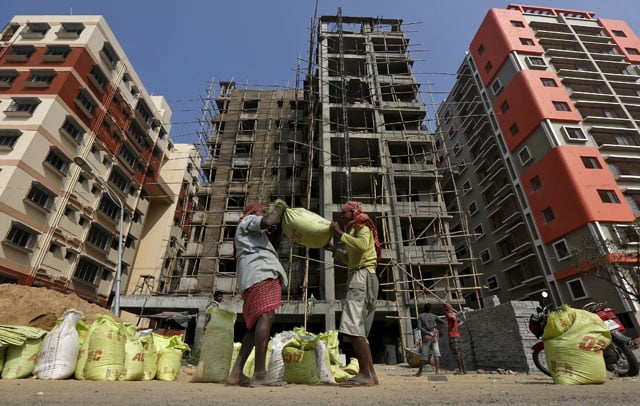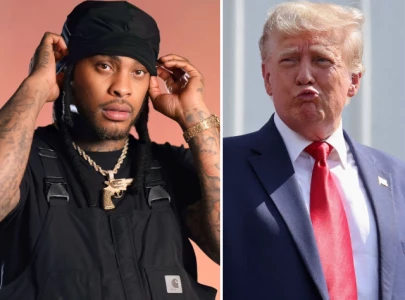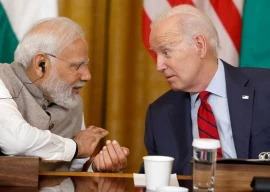
India's cities lack basic infrastructure such as toilets and are bursting at the seams with the influx of tens of thousands of people from the countryside. Thirteen of them are in the WHO's list of the 20 most polluted cities in the world, topped by the capital New Delhi.
Prime Minister Narendra Modi has vowed to create 100 new smart cities by 2022 that will have internet connectivity, e-governance along with quality infrastructure such as waste management and efficient public transport.
Modi calls for world-class city in southern India
The plan is also intended to boost investment and create jobs for millions of people, but it has faced criticism for being a slow starter.
The federal government has struggled to pass reform legislation making it easier to acquire land and build roads and it was not immediately clear how it would be able to provide high-quality infrastructure to these cities within five years.
On Thursday, Urban Development Minister Venkaiah Naidu named the first set of cities that will be targeted for a transformation.
These include Chennai in the south, which was ravaged by floods last year because of flawed urban planning, as well as a part of New Delhi. Other proposed smart cities are the tourist destinations of Jaipur and Udaipur and Bhubaneswar in the east.
India builds first "smart" city as urban population swells
"This game-changing mission marks the end of a business-as-usual approach," Naidu told a news conference. About 35 million people live in the 20 cities.



1725967717-0/Untitled-design-(3)1725967717-0-165x106.webp)




1730561201-0/Express-Tribune-Web-(18)1730561201-0-270x192.webp)
1725355010-0/BeFunky_-(15)1725355010-0-270x192.webp)







COMMENTS (4)
Comments are moderated and generally will be posted if they are on-topic and not abusive.
For more information, please see our Comments FAQ